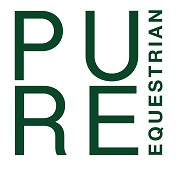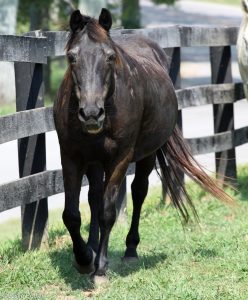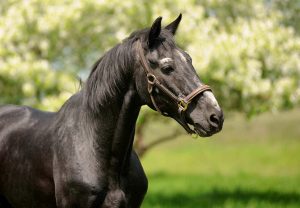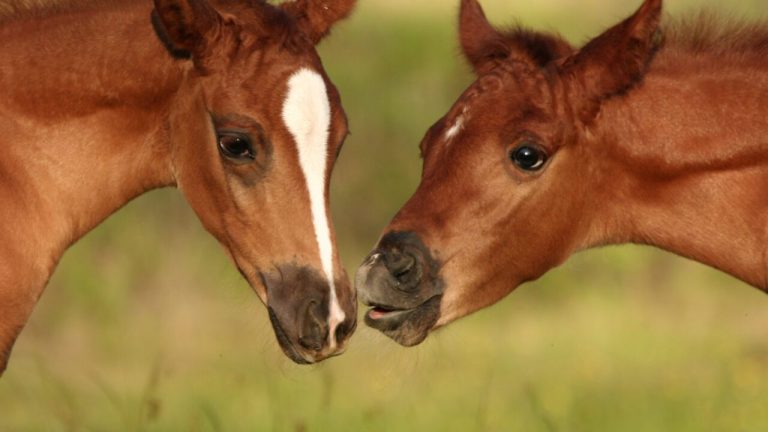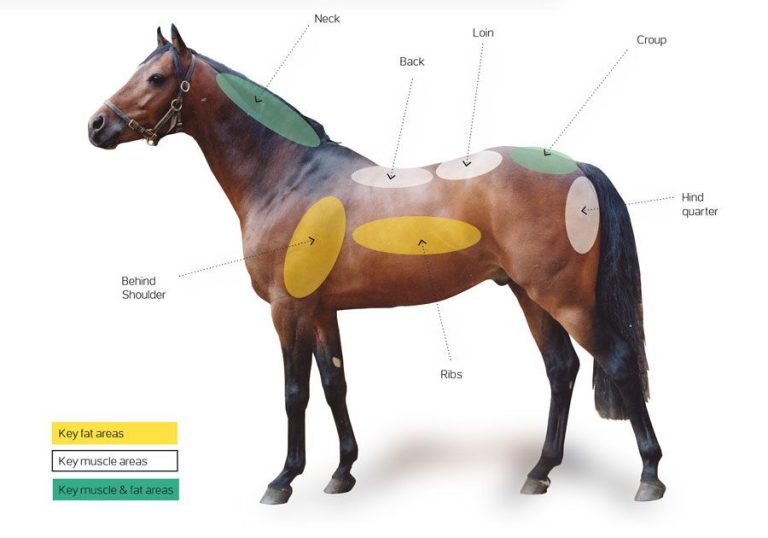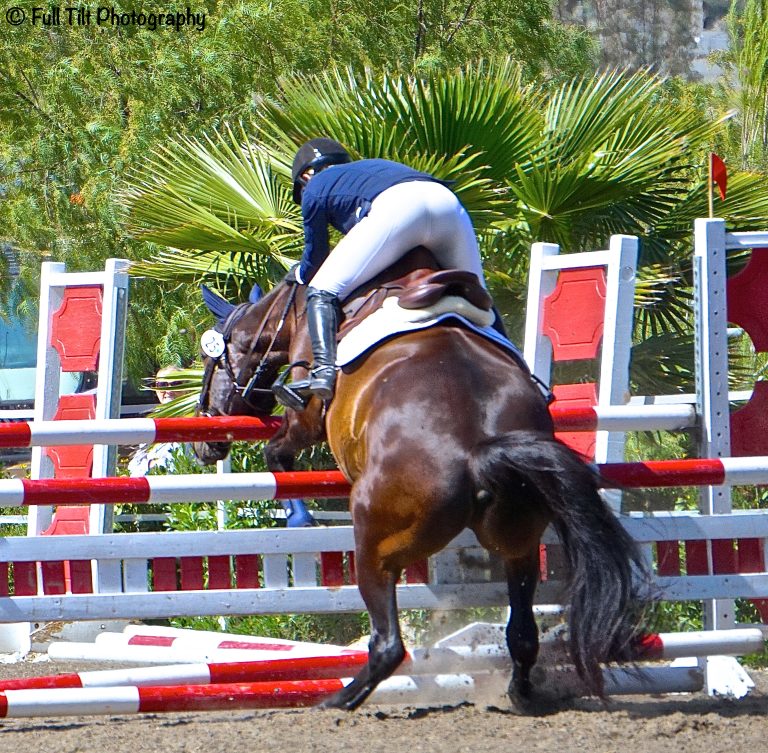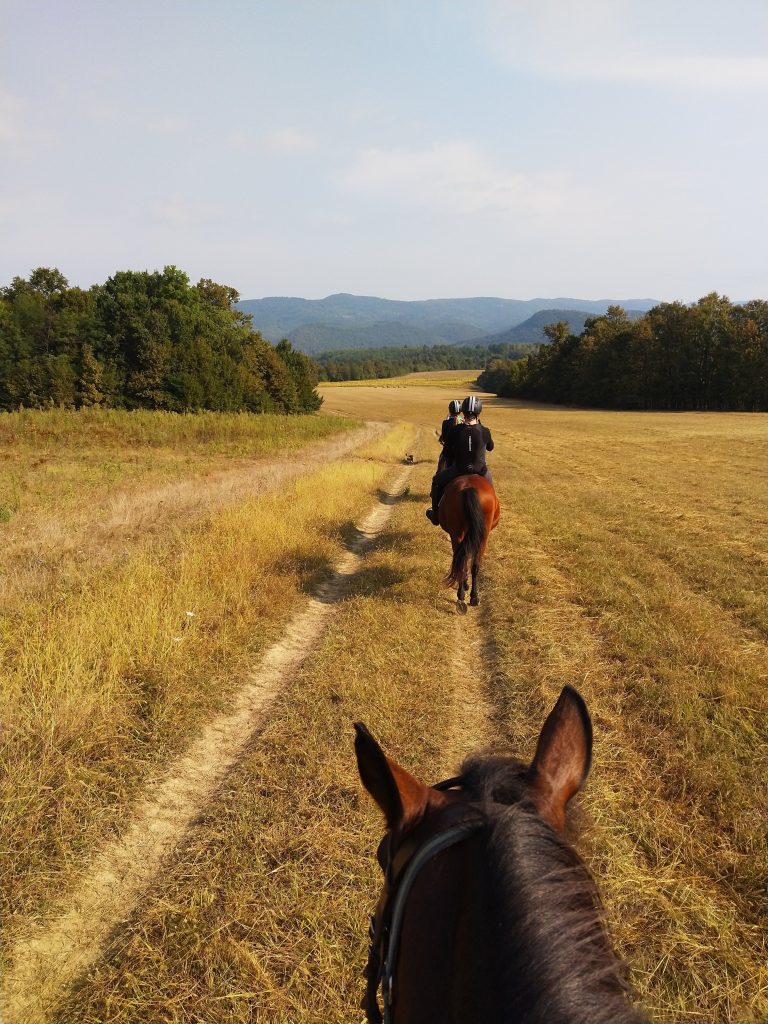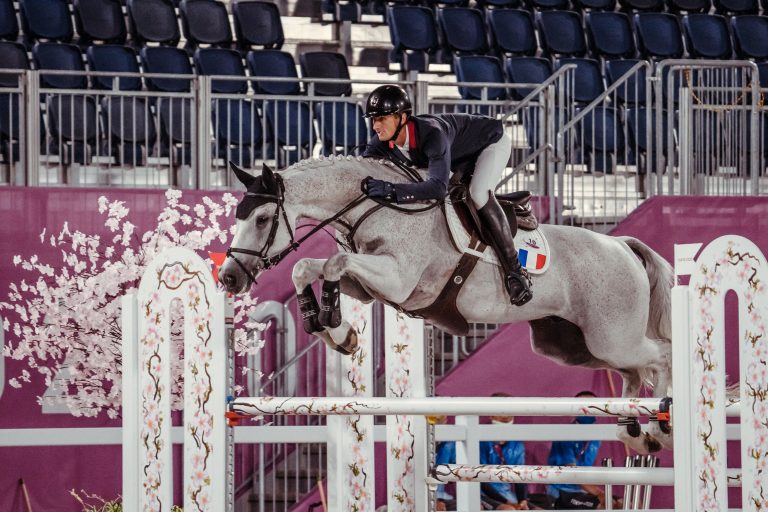Imagine you’re at a horse yard, admiring the majestic creatures in their stables. You can’t help but wonder, how do you measure a horse’s age in human years? While it may seem like a simple question, the answer is more complex than you might think. In this article, we will explore the factors that influence a horse’s aging process and unveil the fascinating method to determine their age in human years. So, saddle up and join us on this enlightening journey into the world of equine aging.
Table of Contents
ToggleUnderstanding Equine Aging
As a horse owner, it is important to understand the aging process in your equine companion. Horses go through a unique set of changes as they grow older, both physically and mentally. In this article, we will explore the differences in the aging process, the average lifespan of horses, and how it compares to human aging.
Differences in Aging Process
Horses and humans age differently due to various factors such as genetics, lifestyle, and environmental influences. While humans typically have a linear progression of aging, horses show distinct stages of growth and development. Understanding these differences can help you better care for your aging horse.
Average Lifespan of Horses
The lifespan of a horse can vary depending on various factors, including breed, genetics, and healthcare. On average, horses live to be around 25 to 30 years old, but it is not uncommon for horses to live well into their 30s or even 40s with proper care. This lifespan is considerably shorter than that of humans, making it important to make the most of the time we have with our equine friends.
Comparing Horse and Human Aging
While it may be tempting to equate horse age to human age in a simple manner, it is not an accurate representation of the aging process. Horses mature and age differently than humans, with some milestones being reached at different ages. To better understand the aging process, age conversion factors can be used as a rough estimate of a horse’s equivalent human age.
The Use of Age Conversion Factors
Age conversion factors are used to estimate a horse’s equivalent human age based on their chronological age. For example, it is often said that a horse reaches adulthood at around 5 years old, which is equivalent to a human in their early 20s. However, it’s important to note that these conversion factors are not a definitive measure and should be used as a general guideline rather than an exact science.
Physical Indicators of Age
The physical changes that occur as a horse ages can provide valuable insights into their overall health and well-being. By understanding these physical indicators, you can better assess your horse’s age and make informed decisions regarding their care and management.
Dental Changes
One of the most apparent and reliable indicators of a horse’s age is their teeth. As horses age, their teeth continue to erupt and wear down. This results in distinct changes in the shape, wear patterns, and number of teeth. Regular dental examinations and floating are essential for maintaining dental health in older horses and can help identify any potential issues.
Hair Colouring and Coat Condition
Just like humans, horses also experience changes in their hair colouring as they age. Grey or white hairs may start to appear, particularly around the muzzle and eyes. Additionally, the coat condition may change, with older horses often having a rougher or more wiry texture to their hair. Regular grooming and a balanced diet can help maintain the health and appearance of your horse’s coat.
Body Condition and Muscle Tone
Another physical indicator of age is the overall body condition and muscle tone of a horse. Older horses may gradually lose muscle mass, making them appear thinner or less defined. Maintaining a balanced diet, providing regular exercise, and monitoring their body condition score can help keep your aging horse in optimal physical shape.
Behavioural and Mental Indicators of Age
In addition to physical changes, a horse’s behaviour and mental state can also provide insights into their aging process.
Learning and Training
As horses age, their ability to learn new things and retain information may begin to decline. This is why it is important to establish a strong foundation of training and expose them to various experiences early in life. However, with patience and a tailored approach to training, older horses can still participate in various activities and continue to learn and grow.
Maturity and Temperament
Just like humans, horses experience changes in their temperament and maturity as they age. Younger horses may exhibit more impulsive behaviour and be easily excitable, while older horses tend to be more settled and experienced. Understanding and adapting to these changes can help maintain a harmonious relationship with your aging horse.
Medical Evaluation of Age
While physical and behavioural indicators can provide valuable insight, a more detailed medical evaluation can help determine a horse’s age with greater accuracy.
Diagnostics and Testing
Veterinarians can perform various diagnostics and tests to assess a horse’s age, such as taking X-rays of their teeth, evaluating joint health, and assessing overall body condition. These tests, combined with a thorough physical examination, can provide a comprehensive picture of your horse’s age and potential age-related health issues.
Soundness and Mobility
Just like humans, older horses may experience decreased mobility and develop age-related diseases such as arthritis. Regular veterinary check-ups and proper management can help identify and address any issues promptly, ensuring your horse remains comfortable and mobile in their senior years.
Genetic Influence on Aging
Genetics play a significant role in how horses age. Different breeds have distinct aging patterns and may be more prone to certain age-related conditions. Understanding the genetic factors that influence aging can help you better anticipate and address potential health concerns as your horse grows older.
Inherited Factors
Certain genetic factors inherited from the parents can affect the aging process of a horse. These factors can influence everything from coat colour changes to susceptibility to age-related diseases. Researching and understanding your horse’s genetic background can provide valuable insights into their aging trajectory.
Breed-Specific Aging
Different horse breeds have varying lifespans and aging patterns. Some breeds may be known for their longevity, while others may have specific health concerns associated with aging. By familiarizing yourself with the typical aging patterns of your horse’s breed, you can better prepare for any age-related challenges that may arise.
Environmental Factors
Aside from genetics, the environment plays a crucial role in how horses age. Two key environmental factors that significantly impact aging are nutrition and activity levels.
Nutrition and Health
Providing a well-balanced diet and ensuring proper nutrition is essential for supporting healthy aging in horses. As horses age, their nutritional needs may change, and they may require specialised diets to address any age-related health issues. Regular veterinary consultations and working with equine nutritionists can help ensure your horse receives the necessary nutrients for optimal health.
Activity Levels and Exercise
Regular exercise and appropriate activity levels contribute to the overall well-being and healthy aging of horses. Exercise helps maintain muscle tone, joint health, and cardiovascular fitness, which can all positively impact the aging process. However, it is crucial to tailor the exercise regimen to the individual horse’s needs and capabilities, taking into consideration any age-related limitations.
Age Estimation Challenges
Estimating a horse’s age accurately can sometimes pose challenges due to various factors.
Inaccuracies in Age Determination
Estimating a horse’s age based on physical and behavioural indicators alone is not always precise. Individual variations and the influence of genetics and environment can make it difficult to determine an exact age. Therefore, it is important to consider multiple indicators and consult professionals, such as veterinarians or equine dentists, for a more accurate assessment.
Lack of a Universal Method
While age conversion factors can provide a rough estimate of a horse’s equivalent human age, there is no universally accepted method for determining equine age. Different experts may use different approaches, creating inconsistency in age assessment. This highlights the need for continued research and collaboration within the equine industry to develop a more standardised method for age estimation.
Caring for Aging Horses
Caring for aging horses requires special considerations to ensure their continued well-being and quality of life.
Special Considerations
As horses age, their care needs may change. Regular veterinary check-ups, adjustments to diet and exercise routines, and providing a comfortable living environment are all important considerations when caring for an older horse. Additionally, monitoring their cognitive and physical health closely can help identify any age-related issues and address them proactively.
Holistic Approaches
Taking a holistic approach to caring for an aging horse involves addressing their physical, mental, and emotional well-being. This can include incorporating alternative therapies such as acupuncture, massage, and herbal supplements to support their overall health. Additionally, providing a consistent and predictable routine can help reduce stress and promote a sense of security in your aging horse.
Conclusion
Understanding equine aging is essential for providing the best possible care for your horse as they grow older. By recognising the differences in the aging process, being aware of various physical and behavioural indicators, and considering environmental and genetic factors, you can ensure that your horse receives the appropriate care and attention throughout their senior years. With proper management and a holistic approach, you can help your aging horse thrive and enjoy a fulfiling life by your side.
